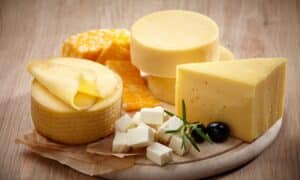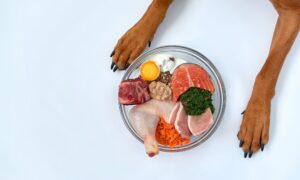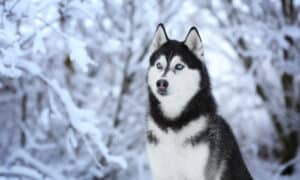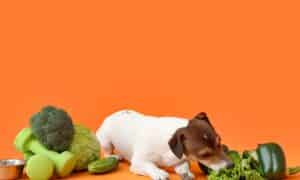“This post contains affiliate links, and I will be compensated if you make a purchase after clicking on my links.”
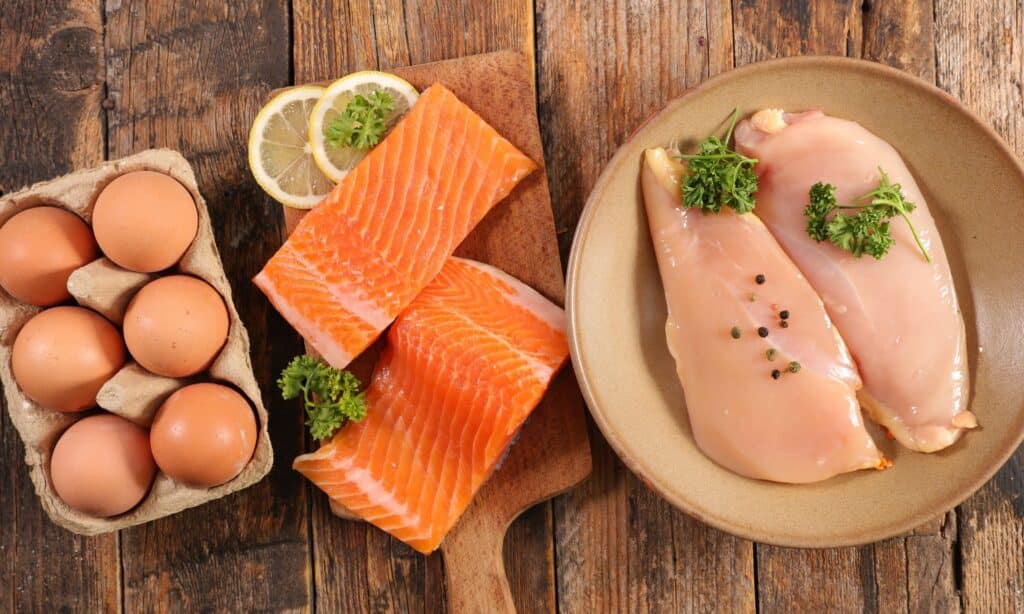
Meats, eggs, dairy products, some grains, and legumes are all sources of protein. As opposed to fat and other nutrients, protein cannot be stored by the dog’s body, and therefore it must be included in the dog’s regular diet. Your pet’s protein requirements will vary depending on their age and level of exercise.
You need to be aware of your options if you’re looking for protein supplements to add to your dog’s diet. If you’re trying your hand at recipe development, knowing the healthiest sources might help you come up with a well-balanced food that your veterinarian will approve of.
Here are the best protein sources for dogs:
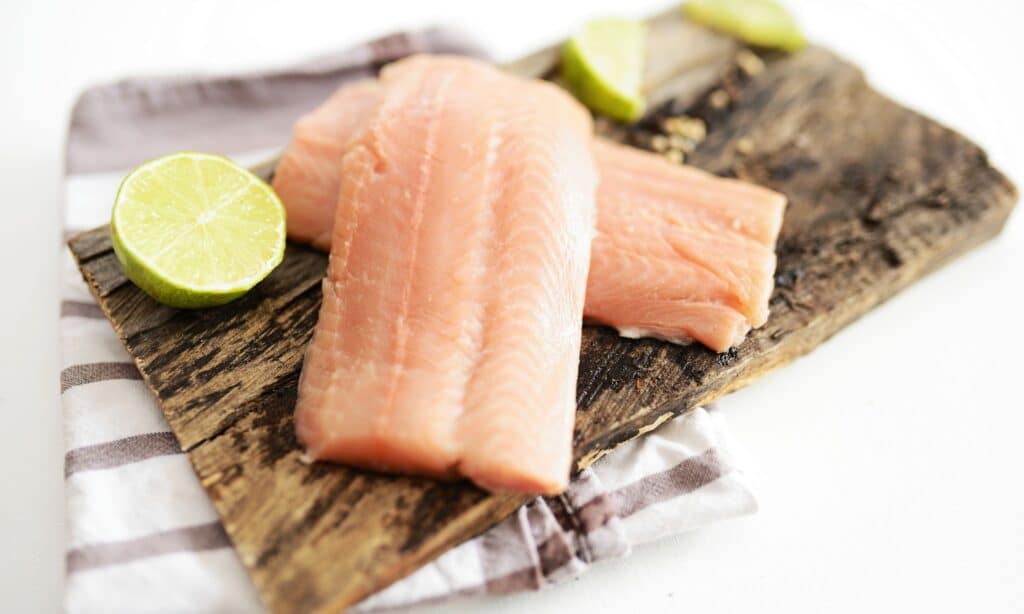
Fish
A healthy protein to include in your dog’s diet at any time is fish. Fish is a great source of protein for dogs who need a diet with a moderate number of calories because it has a high protein but low-fat content. It’s also a good source of omega-3 fatty acids, selenium, and vitamin D. Smaller, more delicate fish typically have greater mercury levels than larger fish, so keep that in mind when choosing fish for your dog. Make sure the fish you choose for your dog is wild-caught rather than farm-raised. Genetically engineered foods are fed to farmed fish, which may be bad for your dog’s health.
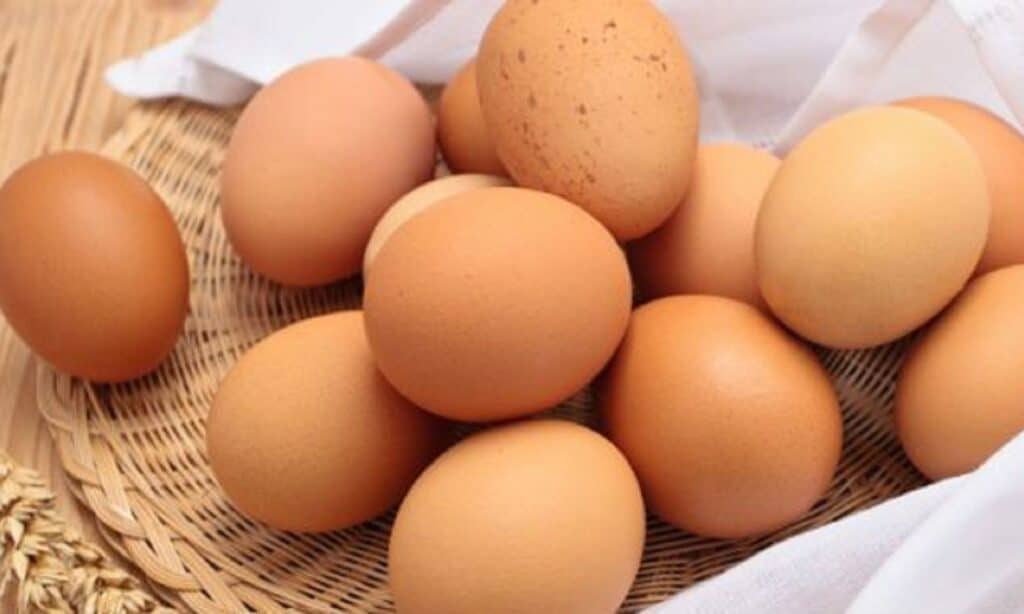
Eggs
Eggs are a fantastic source of nutrition for your dog because they are packed with essential nutrients that boost a variety of canine health conditions. Some vitamins and minerals include vitamin A, vitamin b12, Iron, Selenium, Folate and Riboflavin. Although many canines can benefit greatly from eggs, it should be noted that some may become sensitive to them. Egg allergies affect 4% of dogs worldwide. Eggs provide a lot of protein, fatty acids, and vitamins on their own, but excessive consumption can cause obesity. Additionally, you should never feed raw eggs to your dog since they may still contain salmonella, which can be harmful to them.
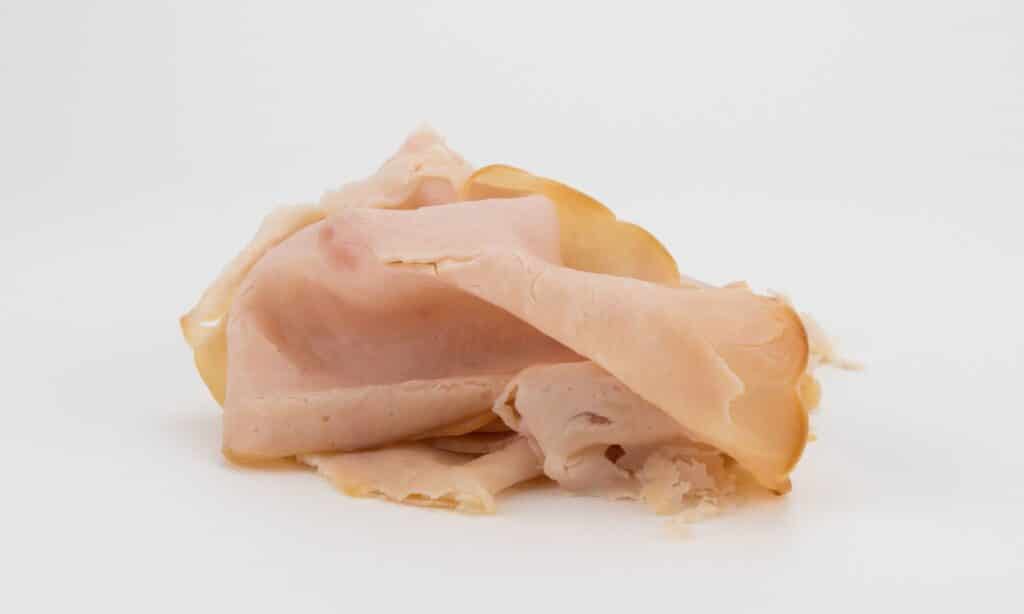
Turkey
Your dogs can get great protein from poultry like chicken and turkey. For dogs who need to manage their weight, turkey is a great option because it has less fat than beef and other red meat. Under the direction of a veterinarian, turkey can be an important part of a homemade dog food diet when cooked simply. The white parts of the turkey breast, if cooked, are the healthiest for your dog. Because they are more difficult for your dog to digest, fatty turkey parts like the skin are not as good.
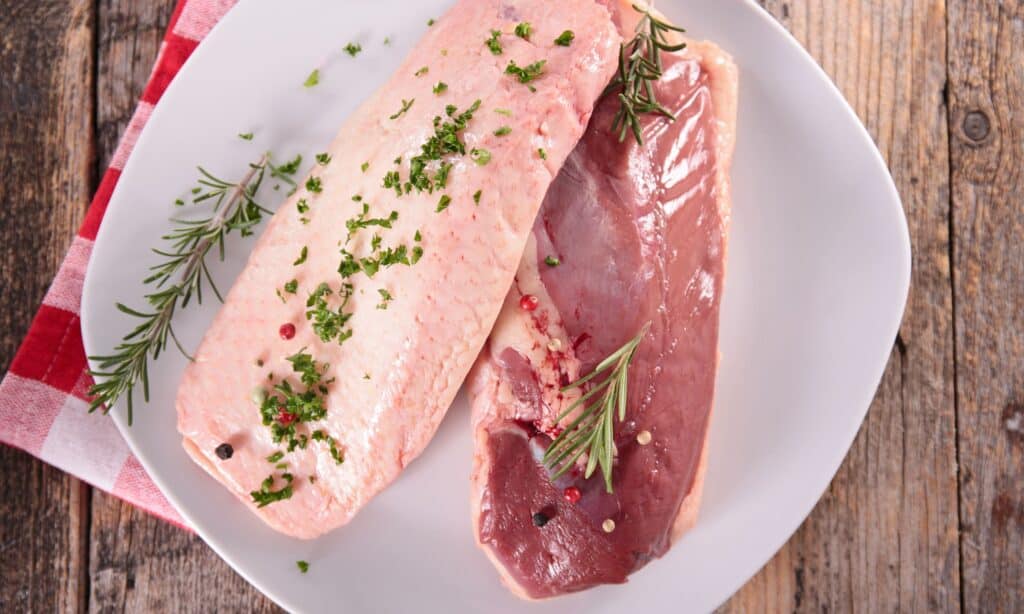
Duck
Duck is a meat with a darker color and is a nutrient-rich selection for your dog. Additionally, it’s a very healthy form of protein that is suitable for dogs that react poorly to more conventional proteins like chicken or beef. Duck is a fantastic source of amino acids, which maintain healthy muscles. Because it naturally contains fatter—but less saturated fat—than other meats, duck is a great choice for dogs that are very active. This helps in refueling the output from regular muscular use and high-calorie burn. Additionally, it contains a good amount of B vitamins, which guard against common cancers. Foods formulated with ducks are sometimes recommended for dogs suffering from food sensitivities or allergies.
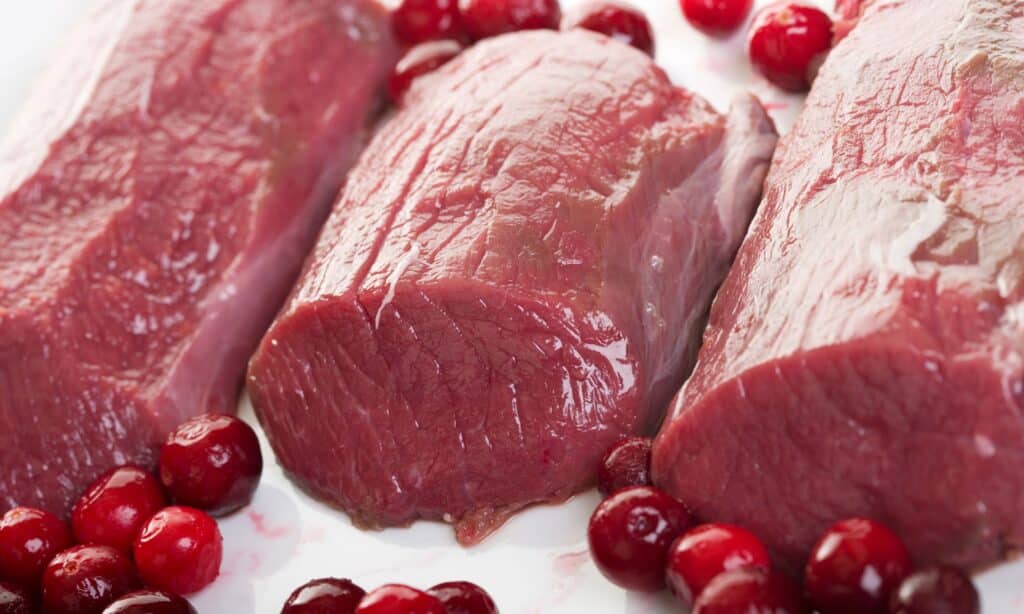
Venison
Another fantastic meat substitute for the usual meat found in dog food sold in stores is venison. Deer meat is high in vitamins B6 and B12, as well as niacin, riboflavin, and zinc. This combination promotes the general immunity and organ health of your dog. Compared to other red meats, venison often has significantly less fat and cholesterol. The majority of venison used in dog food is in the form of concentrated meals, but if it’s correctly prepared, you can also use deer meat from wild deer. If you don’t hunt, it could be difficult to find, but it is a leaner option to some fatty red meats.
Remember that certain dogs may have issues with a high-protein diet because it may make their medical conditions worse. And every time you add a new food to your dog’s diet, keep a cautious eye out for any indications of food allergies.




